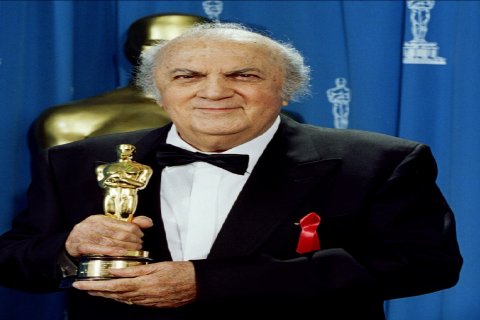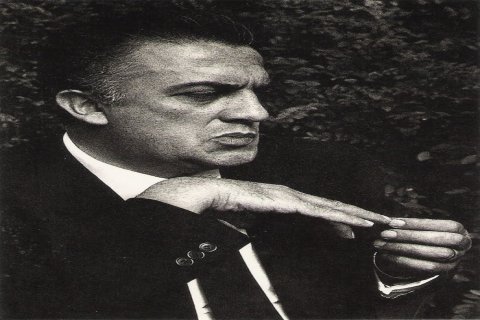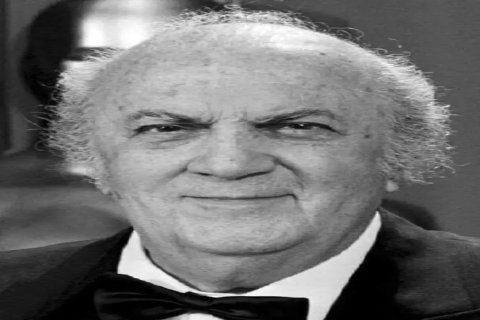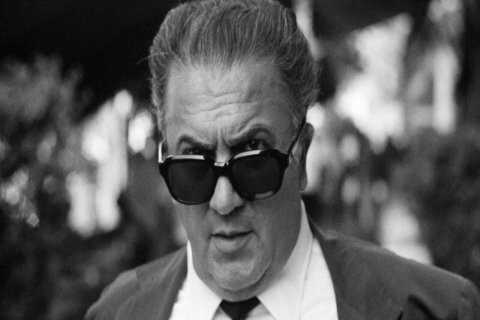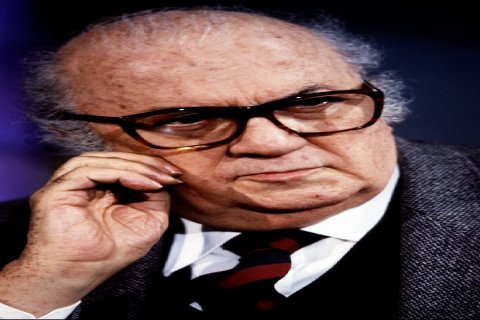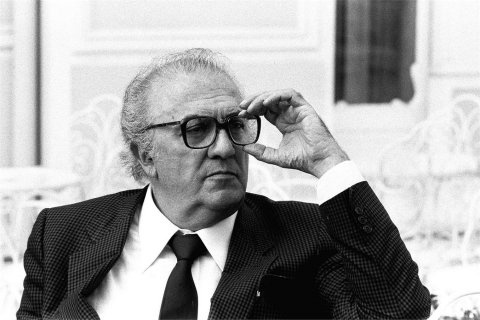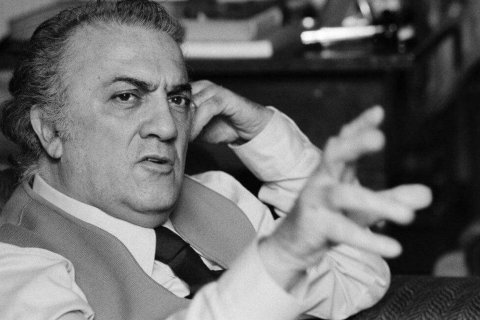Federico Fellini
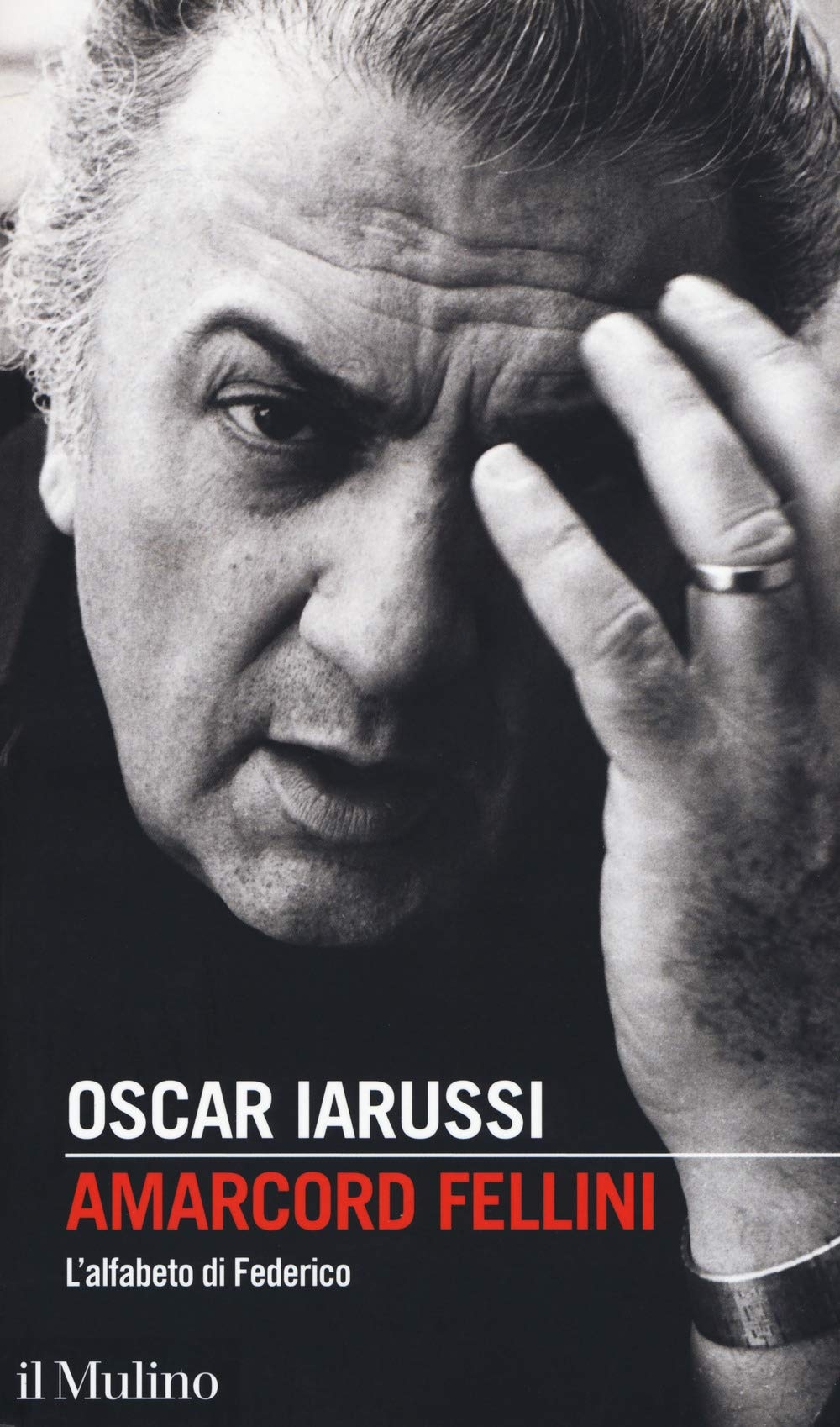
Federico Fellini (January 20, 1920 – October 31, 1993) was an Italian filmmaker widely regarded as one of the most influential and important filmmakers in the history of cinema. His films are characterized by their dreamlike imagery, surrealistic themes, and distinctive visual style. Fellini's work often explored the themes of alienation, loneliness, and the search for meaning in a chaotic world.
Fellini was born in Rimini, Italy, in 1920. He began his career as a journalist and cartoonist, but he soon turned to filmmaking. His first film, Variety Lights (1950), was a critical and commercial success. Fellini's subsequent films, such as La Strada (1954), Nights of Cabiria (1957), and La Dolce Vita (1960), cemented his reputation as one of the most important filmmakers of his generation.
Fellini's films were often controversial, but they were also highly acclaimed. He won numerous awards, including four Academy Awards for Best Foreign Language Film. In 1993, Fellini was awarded the Legion of Honour, France's highest civilian honor.
Fellini died in Rome in 1993 at the age of 73. He left behind a legacy of groundbreaking films that continue to be admired and studied by filmmakers and film enthusiasts around the world.
Here are some of Fellini's most famous works:
- Variety Lights (1950)
- La Strada (1954)
- Nights of Cabiria (1957)
- La Dolce Vita (1960)
- 8½ (1963)
- Juliet of the Spirits (1965)
- Satyricon (1969)
- Amarcord (1973)
- Casanova (1976)
- City of Women (1980)
- And the Ship Sails On (1983)
- Ginger and Fred (1986)
- The Voice of the Moon (1990)
Fellini's films have been praised for their originality, their visual beauty, and their profound insights into the human condition. He is considered one of the most important filmmakers of the 20th century, and his work continues to influence filmmakers and film enthusiasts around the world.

